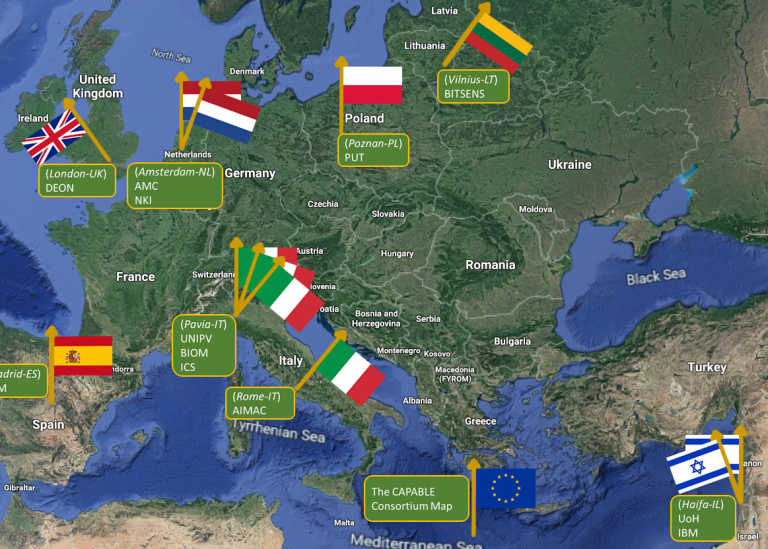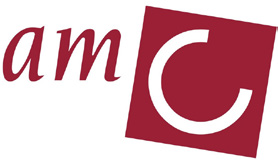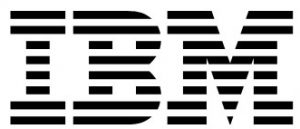The consortium integrates 5 universities across Europe and Israel, 3 small-medium enterprises, 1 big company, 2 hospitals and 1 association of cancer patients.
All partners have experience in developing projects at national and international level. Some of them already collaborated in previous EU projects or research, and participated to personnel/students exchange programs, thus facilitating future interaction. Competencies necessary to carry out the project activities are very well represented. As a matter of fact, CAPABLE includes partners with complementary expertise.
The UNIPV team (project coordinator), from the “M. Stefanelli” Biomedical Informatics Laboratory, is the biggest medical informatics research group in Italy and has been involved in EU projects since the late 80’s. The lab belongs to the Centre for Health Technologies, which also involves ECLT (European Centre for Law, Science and new Technologies), which will help all the consortium to address the medico-legal issues related to the IT applications in medicine. The project envisages a strong collaboration between universities and SMEs.
For example, UoH has leading expertise in languages for knowledge representation, while DEON developed a tool based on one of those languages (PROforma), and together they will adapt the tool to the project needs. AMC has a wide experience on standards for medical data representation while BIOM will integrate all the data collected in CAPABLE exploiting their experience in data-warehousing. PUT will be responsible for the patient’s coaching development while BIT will implement the final users’ interface. The big company involved is IBM and it will guarantee to CAPABLE the necessary skills to exploit the latest developments in AI. They will use data collected in retrospective studies and in the CAPABLE clinical studies by ICSM and NKI, two leading hospitals for cancer treatment in Italy and the Netherlands, respectively. They will also use data provided by AIMAC, which is an important patients’ association from Italy, networked with other associations and the European Patient Cancer Coalition. AIMAC will help all the partners to maintain a patient-centred approach along the whole project development. Finally, UPM will give advice to all the partners to guarantee that CAPABLE will be carried out under a comprehensive HTA approach.
The consortium is well balanced across researchers’ gender, showing 19 females and 20 males in the key persons list













